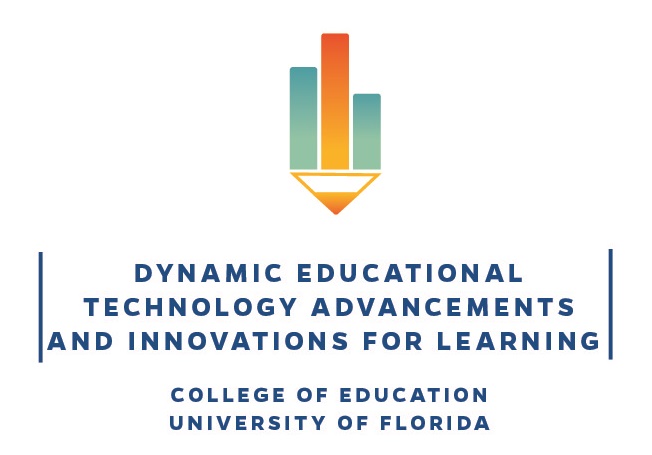
The DETAIL Lab is comprised of forward-thinking and talented doctoral students and candidates at the University of Florida, and research collaborators from across the globe seeking to advance the field of educational technology and computer science education by pushing the boundaries on a wide range of topics of relevance to both the students and the fields. My current doctoral students come from different academic and professional backgrounds from across the globe and work with me to learn about how to conduct rigorous and relevant research. All members of the DETAIL Lab share an interest, passion, and curiosity about the nature of educational technology or computer science education.
The mission of the DETAIL Lab is to prepare the next generation of educational technology and computer science education scholars using sound educational research methods through collaboration, leadership, mentoring, and authentic experiences driven by real-world research questions. The DETAIL Lab intersects my research interests with the interests of my doctoral students using a student-centered approach. The work of the DETAIL Lab has resulted in meaningful advancements in the field of educational technology and computer science education, and more than 100 journal articles, book chapters, and conference proceedings and awards from leading educational research associations.
Opportunities to Learn
Doctoral students in the DETAIL Lab are exposed to the following type of research methods and topics during the course of thier doctoral journey:
-
Systematic Reviews and Meta-Analysis
Systematic reviews and meta-analyses applied to educational technology or computer science education innovations, instructional strategies, and technologies.
-
Design and Development Research
Design and development case study methodology directed at systematically and intentionally studying the processes and procedures used to create educational products.
-
Applied Measurement Theory
Application of both classical and modern measurement theory to the design, development, and validation of relevant instruments to assess outcomes of interest for both research and evaluation.
-
Experimental Research Designs
Rigorous use of experimental research designs involving both between and within-subject conditions to test the efficacy of different educational innovations inspired by theory.
-
Statistical Modeling
Creative uses of advanced statistical methods (e.g., multilevel modeling, path analysis) and emerging techniques from machine learning/learning analytics to examine deeper uses of educational technology.
-
Delphi Method
Applications of the Delphi method to arrive at consensus and predict future events on a range of relevant issues among stakeholders from diverse backrounds.
-
Professional Competencies
Applications of all these research methods to explore the professional competencies of professionals working in the context of educational technology and related disciplines (e.g., instructional design).